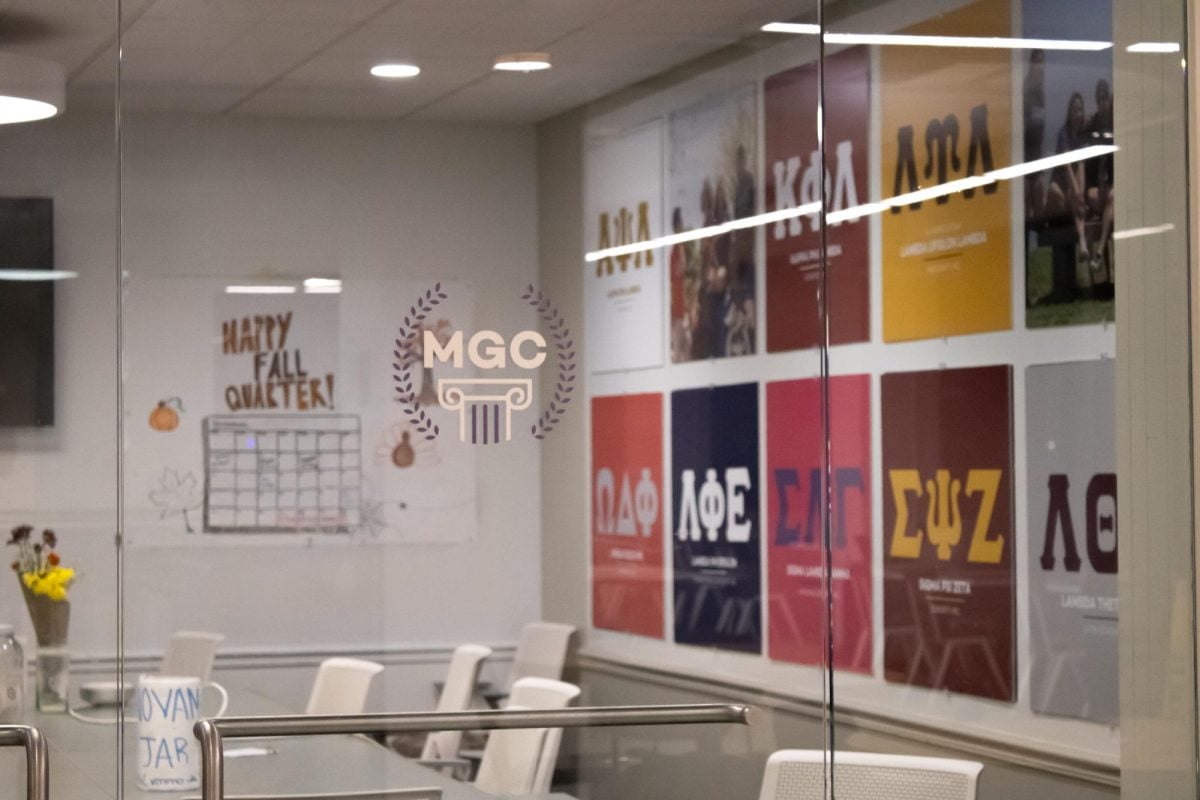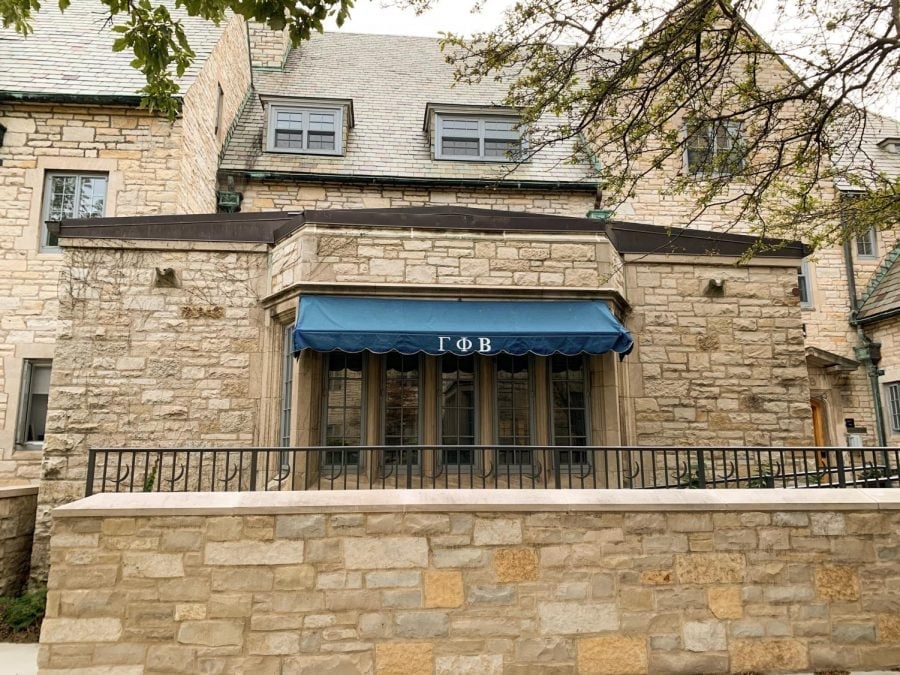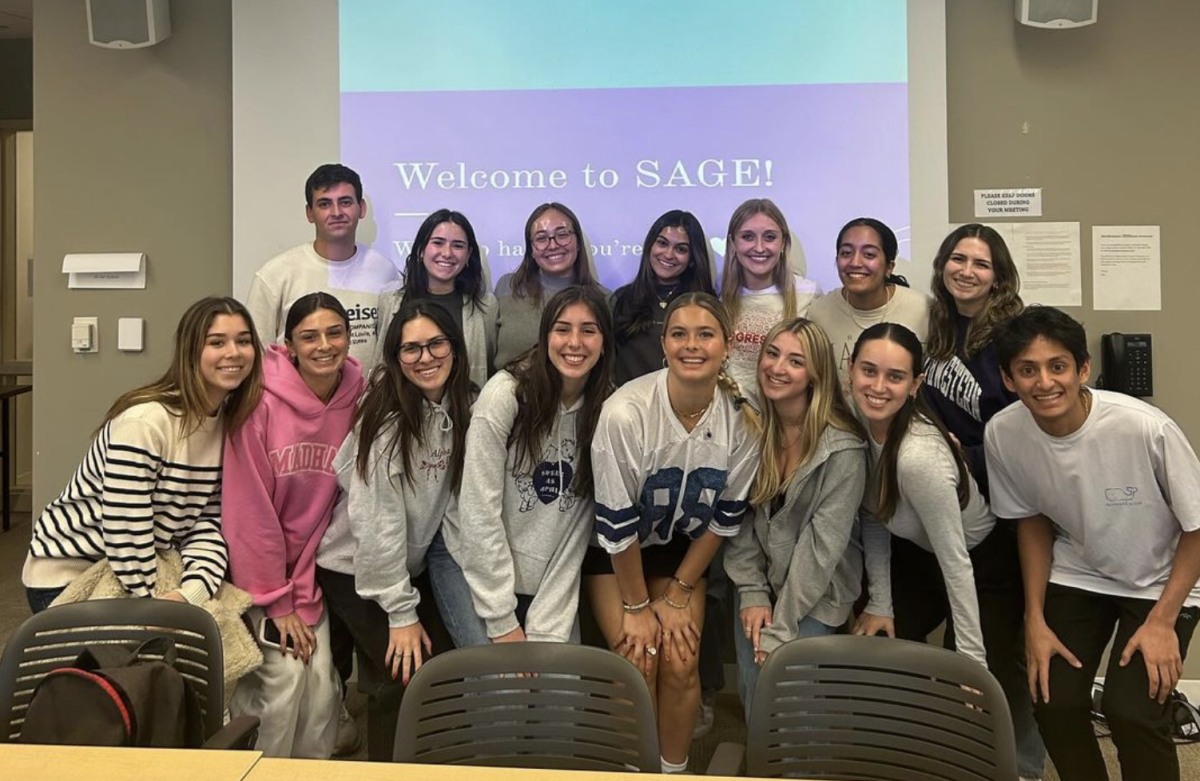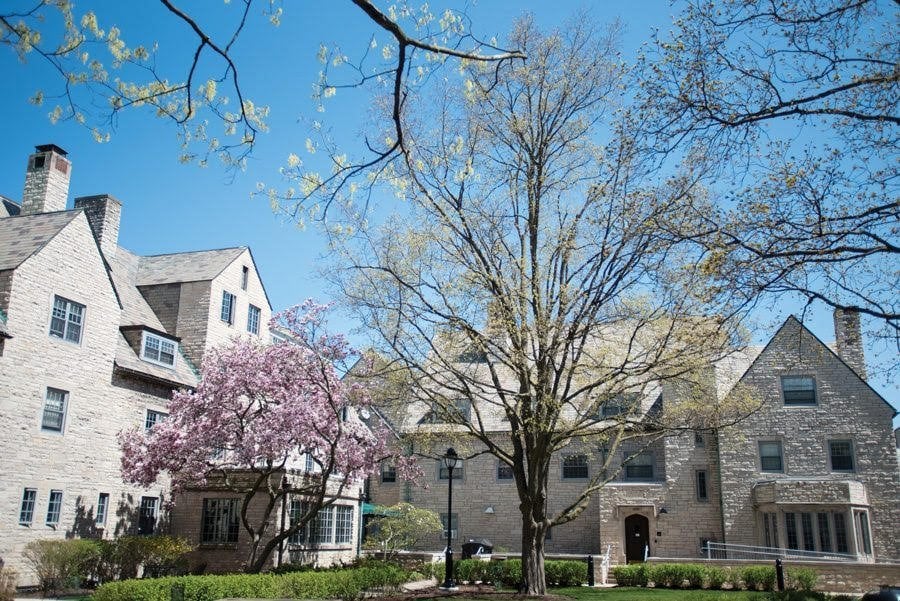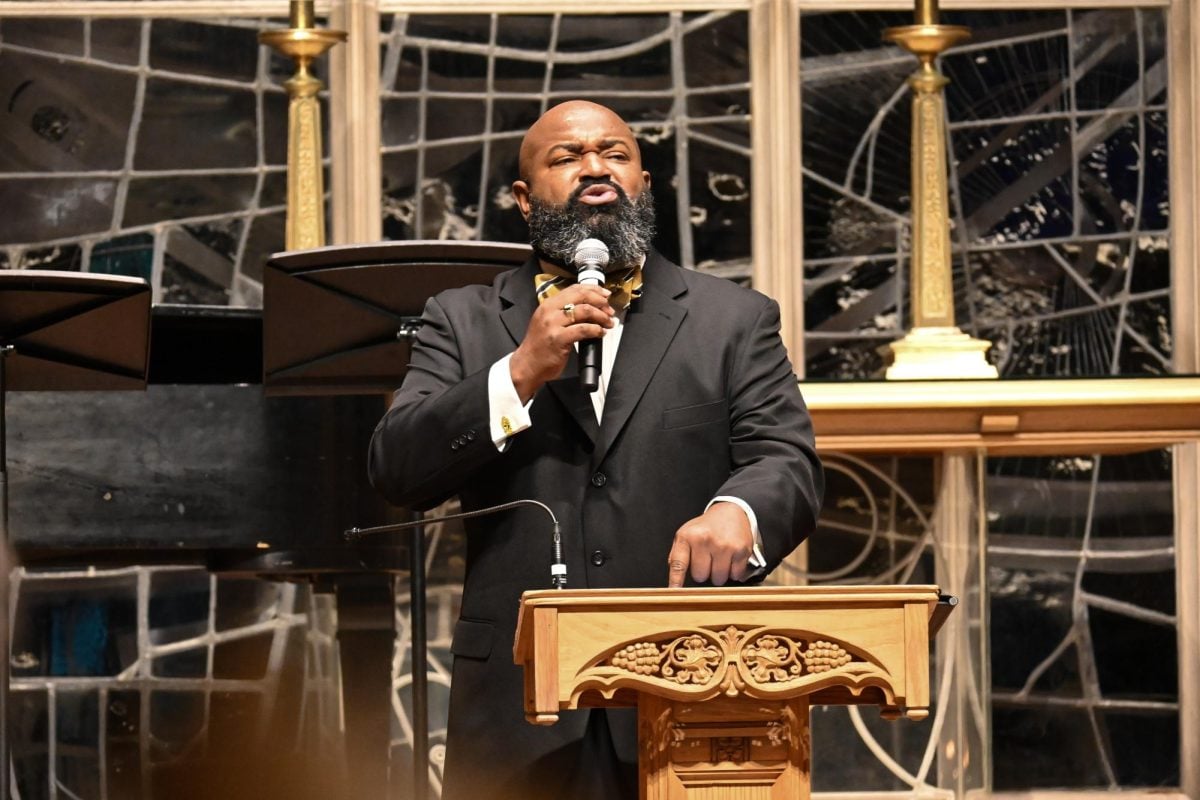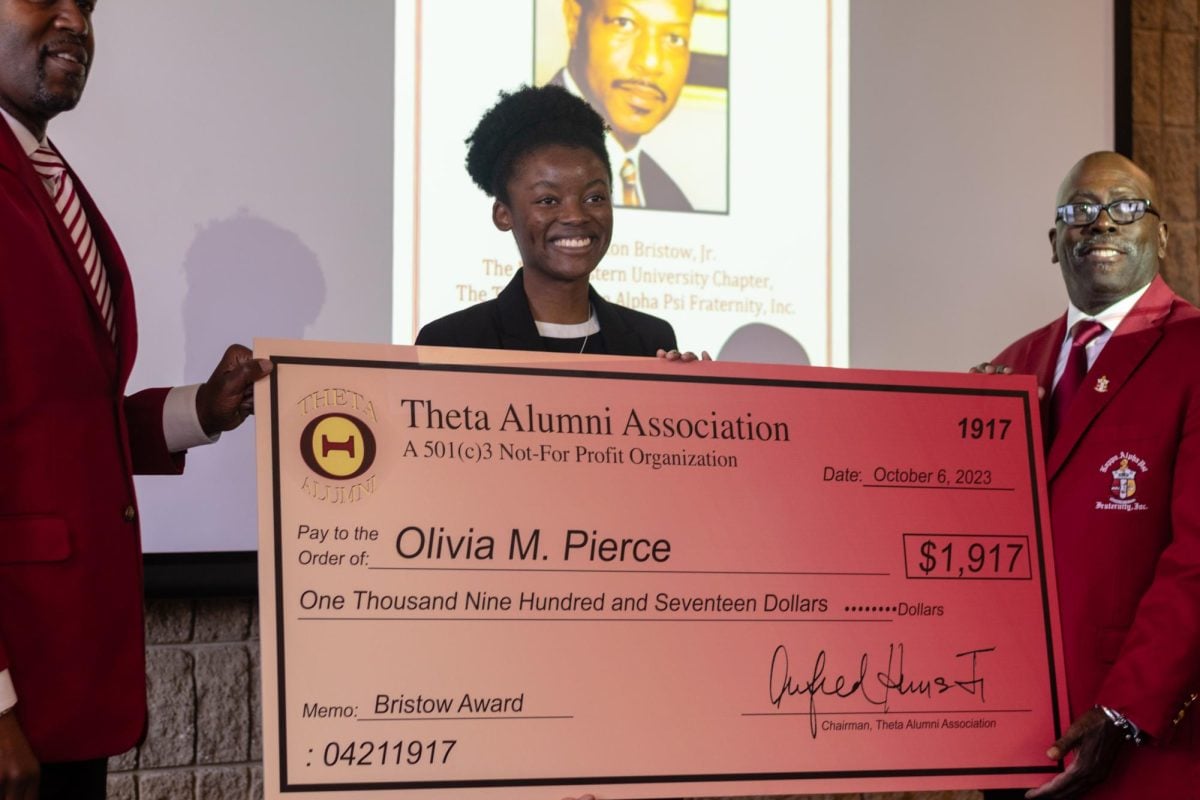Police departments across the nation with more data than resources are reaching out to Northwestern students to help analyze crime statistics.
NU’s Mathematical Methods in the Social Sciences seniors are working with U.S. police departments for their senior theses. Although this partnership started more than 10 years ago, this year is the first time Long Beach, Calif., is on the list of cities working with the students.
In the MMSS Senior Thesis Police Project, seniors in groups of two or three collaborate with police departments to digest large databases and analyze complex statistics. They then translate their findings into language comprehensible to the common reader. Political science prof. Mark Iris, a MMSS program lecturer, works to connect students with partner police departments in Chicago, Philadelphia, Houston and Los Angeles.
Iris, who served as executive director of the Chicago Police Board, said he has many police contacts looking for project opportunities similar to the program with MMSS.
“Police departments really don’t have these sort of capabilities on their own,” Iris said.
He said police departments collect large amounts of data but do not have personnel with the time and advanced analytical skills to manage it. This is where NU seniors come in.
Iris said working with the students helps police departments better serve and protect their constituents and manage their limited resources.
Weinberg senior Tim Yuan said the public service aspect was one reason he chose to participate in this project. Yuan’s group is working with the Long Beach Police Department.
Long Beach has been losing police resources, Yuan said, and his group is looking at police resource allocations and how this affects crime rates in the city.
“They’ve been really good for us,” Yuan said. “Every time we’ve had a question, they’ve been pretty prompt with the emails.”
Iris pitches the program to students in the spring of their junior year, looking for potential participants, and he said he is usually able to place almost everyone who is interested. The yearlong program typically consists of three projects, with two to three students working on each.
“These are very time-consuming projects,” Iris said. “More so than the typical thesis.”
Iris said he spends much of his time working with this project, reading three or four 200-page drafts from each group. He also meets with students to discuss their work and critiques their rehearsal for the final presentation, which is given to the chief of the police department and the command staff.
Iris described the presentation as “a fairly unusual experience,” and an opportunity the typical undergraduate student would not normally have.
“The skills that they pick up are the ones that are highly valued by prospective employers,” Iris said.
Although the partnership aims to help students attain jobs, Iris said the partnerships have never led into employment. Seniors usually have other job offers before the project is halfway done, he added.
“Given the budgetary constraints hitting local governments, the recession the last three years has pretty much been a disaster,” Iris said. “It has impacted their ability to hire people, big time.”
MMSS students had the opportunity to choose their group, and in some cases, the police department. Weinberg senior Leo Zhu said he chose to work with the Los Angeles Police Department because of its previous work with the program.
“LAPD has a lot of history,” Zhu said. “We knew that the partnership would be pretty stable.”
Zhu said some of the upperclassmen he knew warned him against the program because of the amount of work involved.
“With three people you have to put in more than you would yourself,” Zhu said.
Still, Zhu said he decided to participate because he thought it would be a good transition into his future work.
“You’re learning a lot about the real world and at the same time writing a thesis,” Zhu said.
Weinberg senior Jeremy Yablon’s group is working with the Houston Police Department. He said they are on schedule to have everything finished by the middle of Spring Quarter.
“I thought it would be a good opportunity to have a service component to a thesis and have a bigger long-term impact,” Yablon said. “The research will definitely be used by someone.”
